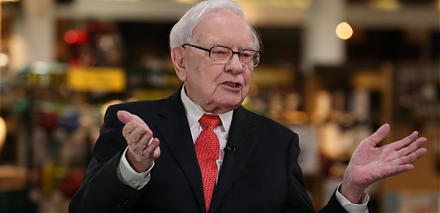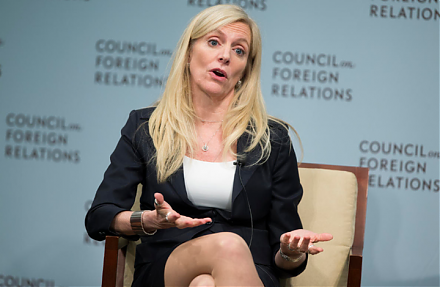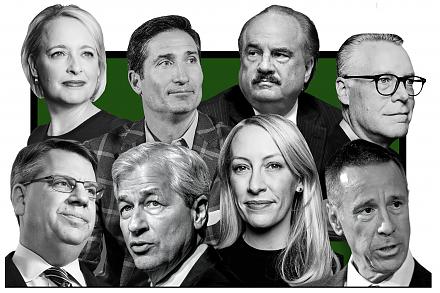

2019-03-27 11:28:00 Wed ET
federal reserve monetary policy treasury dollar employment inflation interest rate exchange rate macrofinance recession systemic risk economic growth central bank fomc greenback forward guidance euro capital global financial cycle credit cycle yield curve
OECD cuts the global economic growth forecast from 3.5% to 3.3% for the current fiscal year 2019-2020. The global economy suffers from economic protraction and uncertainty amid the recent Sino-U.S. trade and Brexit standoffs. Moreover, OECD downgrades real GDP growth rates from 6.5% to 6% for China and from 1.5% to 1% for Europe. The Chinese Xi administration attempts to assuage U.S. concerns about the bilateral trade deficit, unfair technology transfer, and intellectual property protection. Meanwhile, the British May administration seeks to delay Brexit to buy extra time for a plausible second referendum on whether the U.K. should leave the European trade bloc. These trade issues can cloud macroeconomic momentum in Europe and East Asia.
Several chief economists recommend the European and Asian central banks not to follow the Federal Reserve interest rate hikes too soon. To the extent that these non-American central banks decelerate the global financial cycle with less hawkish monetary policy adjustments, Europe and East Asia can insulate themselves from volatile exchange rates, stock market gyrations, and cross-border capital flows that might arise from the next Federal Reserve interest rate decisions. The subsequent international interest rate increases are likely to reflect recent upticks in consumer confidence, wage growth, and core inflation.
If any of our AYA Analytica financial health memos (FHM), blog posts, ebooks, newsletters, and notifications etc, or any other form of online content curation, involves potential copyright concerns, please feel free to contact us at service@ayafintech.network so that we can remove relevant content in response to any such request within a reasonable time frame.
2019-04-05 08:25:00 Friday ET

Warren Buffett places his $58 billion stock bets on Apple, American Express, and Goldman Sachs. Berkshire Hathaway owns $18 billion equity stakes in America
2023-02-28 10:27:00 Tuesday ET

Basic income reforms can contribute to better health care, public infrastructure, education, technology, and residential protection. Philippe Van Parijs
2018-10-11 08:44:00 Thursday ET

Treasury bond yield curve inversion often signals the next economic recession in America. In fact, U.S. bond yield curve inversion correctly predicts the da
2018-06-06 09:39:00 Wednesday ET

Donald Trump and Kim Jong Un meet, talk, and shake hands in the historic peace summit between America and North Korea in Singapore. At the start of the bila
2022-10-25 11:31:00 Tuesday ET

Corporate investment insights from mergers and acquisitions Relative market misvaluation between the bidder and target firms drives most waves of mergers
2024-01-31 14:33:00 Wednesday ET

The new world order of trade helps accomplish non-economic policy goals such as national security and technological dominance. To the extent that freer